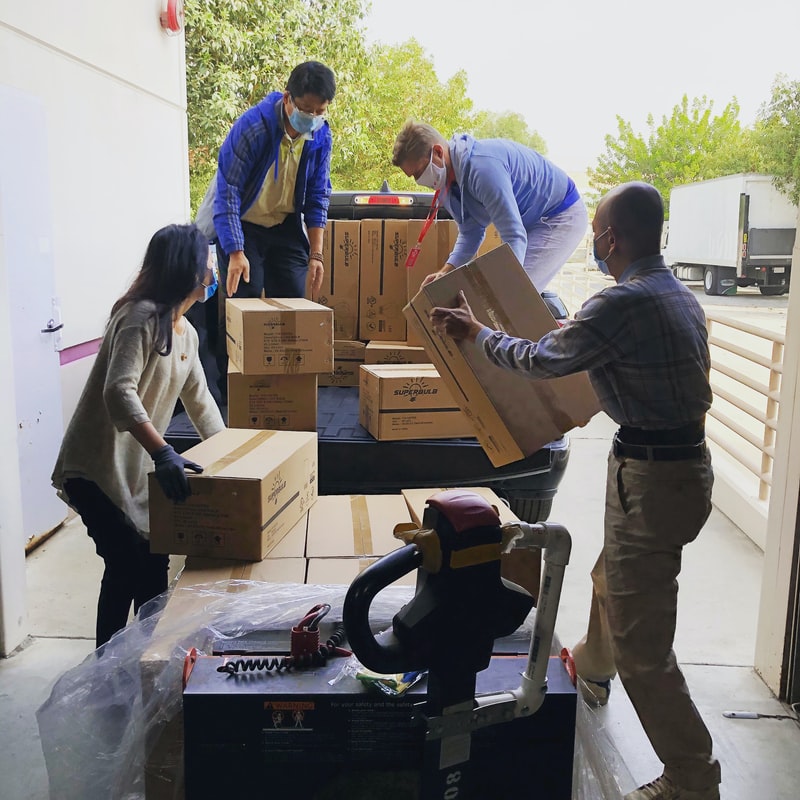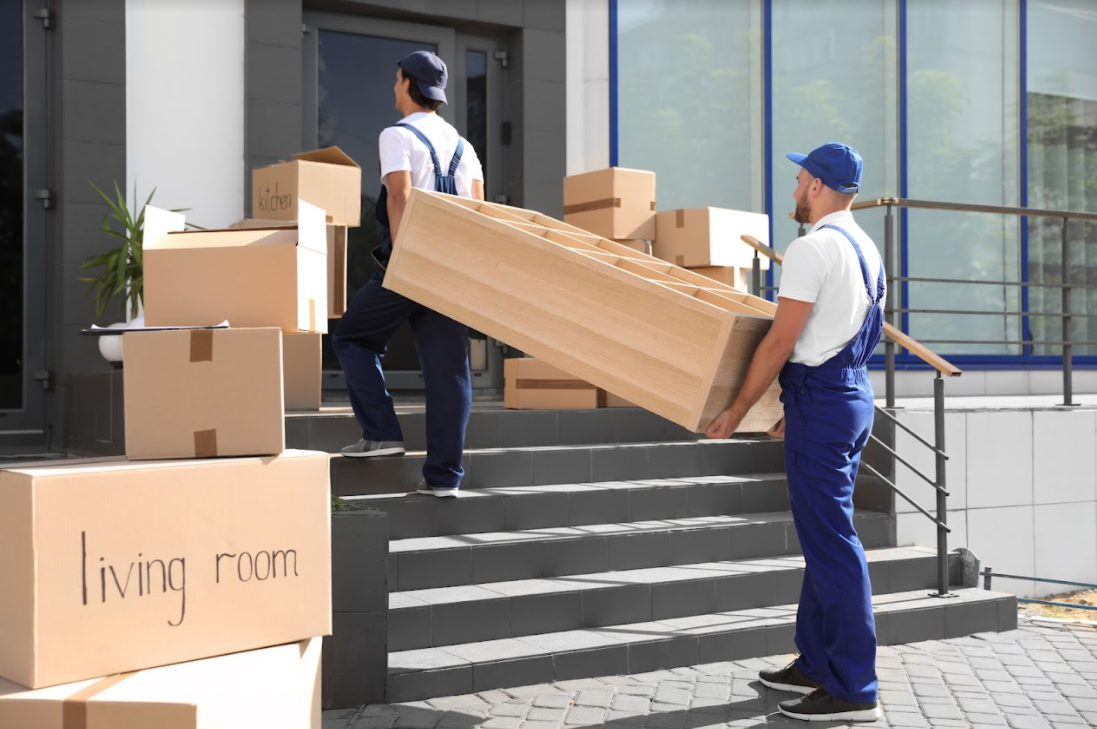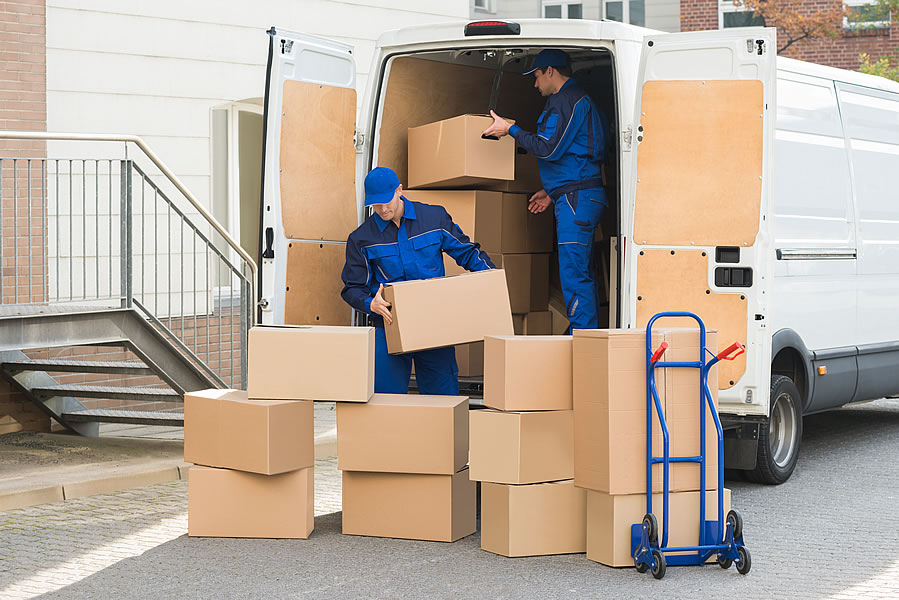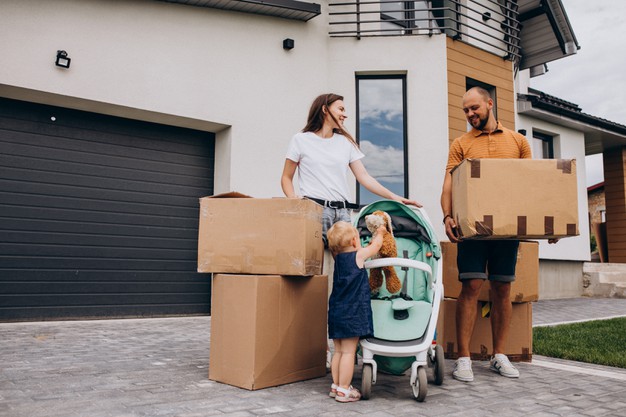7 Incredibly Useful Tips You Need To Know For A Smoother Move

Moving has never been simple, whether it’s for a moving business or a house!

Photos By: Stock Images
It doesn’t matter if you’re doing it for the first or fifth time; it’s always a hassle and a source of anxiety. It is critical to first establish a relocation strategy. You must sit down, think, and then design a sequence of steps to avoid chaos when packing and unpacking, transferring items, and maintaining all of your belongings.
The first step is to establish a list of everything you want to relocate. Only in this way will you have a clear picture of everything you’ll need to pack and carry to a new place. How to pack for a move is also a difficulty for many people! There are a lot of regulations and directions for packing, so we’ve included some helpful hints below to help you figure out where to begin when packing for a move.
1. DIY or Pro Help?
You could feel panicked and overwhelmed just thinking about all of the duties involved in moving. Yes, there will be a lot to do, but start by deciding whether you are going to call these movers near you or rent a truck. Do you believe you’ll need expert assistance or can you do it yourself? You’ll save a lot of time and nerves if you’re completely honest with yourself about this.
Of course, it all depends on your budget, the distance between your current house and the new one, the difficulty of the relocation, and your personality. If you decide to hire movers, be sure they’re reputable and trustworthy. If, on the other hand, you choose to do it yourself, bear in mind that there are plenty of people who have accomplished many DIY moves and saved a lot of money in the process.

2. Moving Checklist
Making a list of things to accomplish during the relocation is helpful, according to experts who are professionally involved in relocating. You’ll need a list to help you through the procedure and on the day of the move. Add additional chores to the list as they come up.
A list like this will keep you on track, and as the moving day approaches, you’ll have a good idea of what you’ve accomplished and crossed off the list. Only then will you remember the essential details. Moving will be less stressful if you stay organized!
What you’ll need to do depends on your circumstances, but you’ll almost always need to relocate your medical and veterinary records, then transfer or cancel community services in your old house and set up utilities in your new one. If your children are relocating to a new school district, they will almost certainly be transferred to a different school. These should be some of the first items on your to-do list.
3. Set Your Budget
Moving is hard, and it may rapidly become costly if you don’t prepare beforehand. Of course, there are other elements to consider when developing a moving budget and determining the cost of your relocation. By paying attention to detail and being proactive, you may develop a moving budget that will help ease some of the stress associated with this difficult process. Research and find the most affordable moving supplies in your area. You can rent moving boxes in San Francisco or any other city where you plan to relocate, and this service is available. So, handle your money properly, keep money on hand at all times, and thoroughly investigate your new house’s needs, and you will save a lot of money and avoid difficulties.
4. Determine The Most Important Boxes
Pack one box for each room that will take precedence over all other items and label it with a red sticker to ensure that you can operate immediately after relocating. The so-called open-first box should contain items that you want to know where they are as soon as you move into a new house. Also, pack one suitcase or bag for each household member and keep them separate.
5. Get Rid Of Stuff
The majority of your time during the relocation will be spent packing and unpacking, so don’t waste it on items you haven’t used in years. Moving is the ideal opportunity to get rid of it. Do not skip any drawers or closets. Determine how much you have and prepare a list of what can go. Surely, many of your things don’t fit, are out of style, and/or haven’t been worn in a year. Feel free to get rid of them. The same is true for your children’s closets, linen closets, and bathroom shelves.
6. Safely Pack Electronics
Electronic devices make up half of our households. That is why we must keep them in good condition. Some electrical items are more delicate than others, but this does not lessen our concerns about packing them. If you have kept the original boxes, the easiest way to pack electrical equipment is to use them.
If you have PCs or other connected gadgets, reconnecting might be a real pain. As a result, if you are unfamiliar with connecting, we recommend that you picture them while they are linked. You’ll know where each wire is going when you link them to each other or the power.

7. Unpacking
You’ve made it, but there’s still work to be done. Here’s how to get rid of procrastination and accelerate the unpacking process. First and first, unpack just the necessities, such as a box containing your daily bathing products, kitchen goods, clothing to sleep in and for the next day, and so on. When you decide to start with the whole unpacking, make the kitchen your first stop. It will immediately give you a sense of success and allow you to focus on the easier-to-unpack areas.
And, most importantly, as soon as the box is emptied of all its contents, break it up and recycle it. This will serve as a concrete reminder of your progress while also freeing up much-needed room in your new house. Aside from the fact that your area will be considerably freer, you will have an additional drive and desire to continue.
Moving is ranked third on the list of the most stressful events in life, according to psychologists, but if we manage the moving process carefully, have excellent company and strong drive, and utilize a checklist, we will undoubtedly decrease stress and speed up the transfer to a new house or business. Once you move to your new house or workplace, you’ll forget about the strain of moving and appreciate a job well done.







